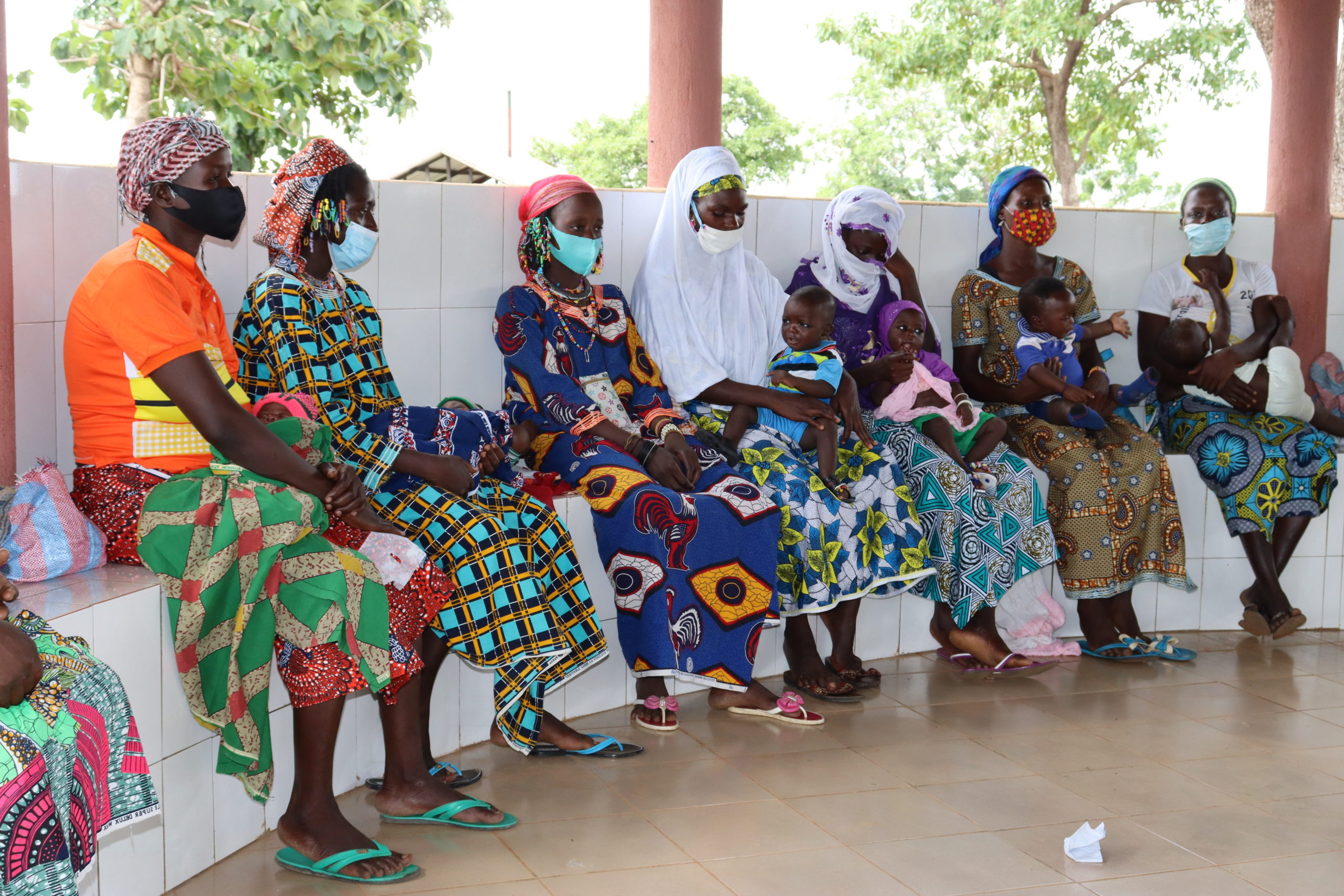This is the story of the Integrate Health-supported health center in Koutiere, a community located in the Bassar district in northern Togo, which illustrates how robust monitoring and evaluation coupled with listening to patients can yield big results. In Togo, there are a myriad of reasons why individuals cannot access high quality healthcare and it is our team’s mission to evaluate these barriers to care and systematically overcome them. Data plays a big role in our efforts and, since 2018, our entire leadership team has come together every month to examine trends in program data and identify areas for improvement. Our teams use data to identify bottlenecks, understand their causes, and implement concrete program improvement initiatives when targets aren’t being met.
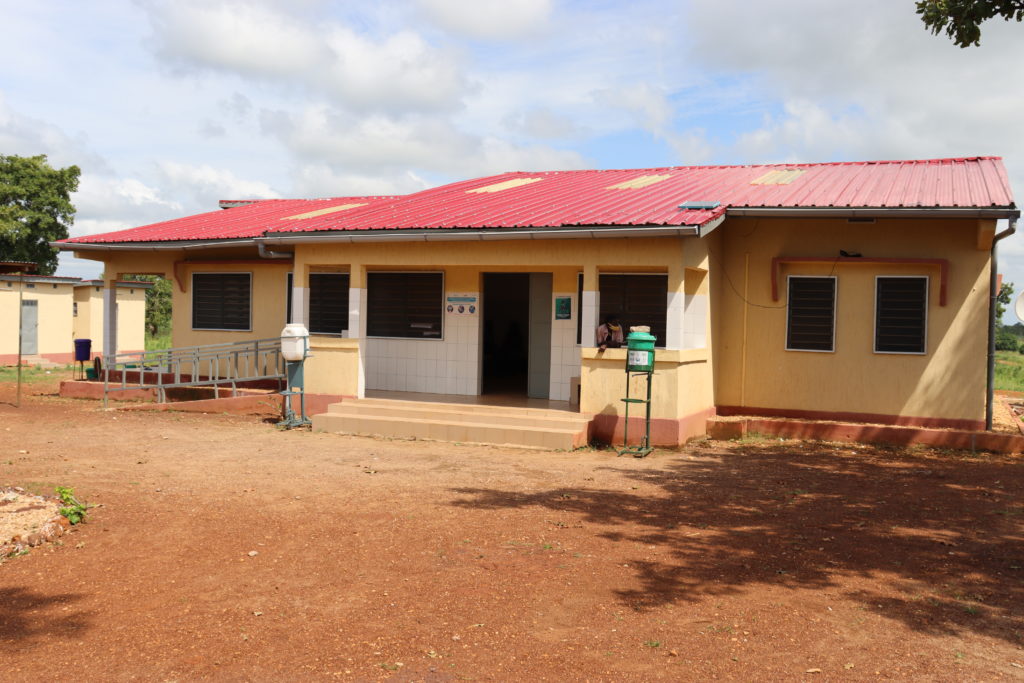
Identifying the issue: Patients missing their first postnatal consultation
In October 2020, the Koutiere health center was flagged because it was consistently reporting a low rate of women attending their first postnatal consultation. Out of 18 sites that Integrate Health supported at the time, Koutiere ranked second-to-last with only 25% of women attending their first postnatal consultation after birth
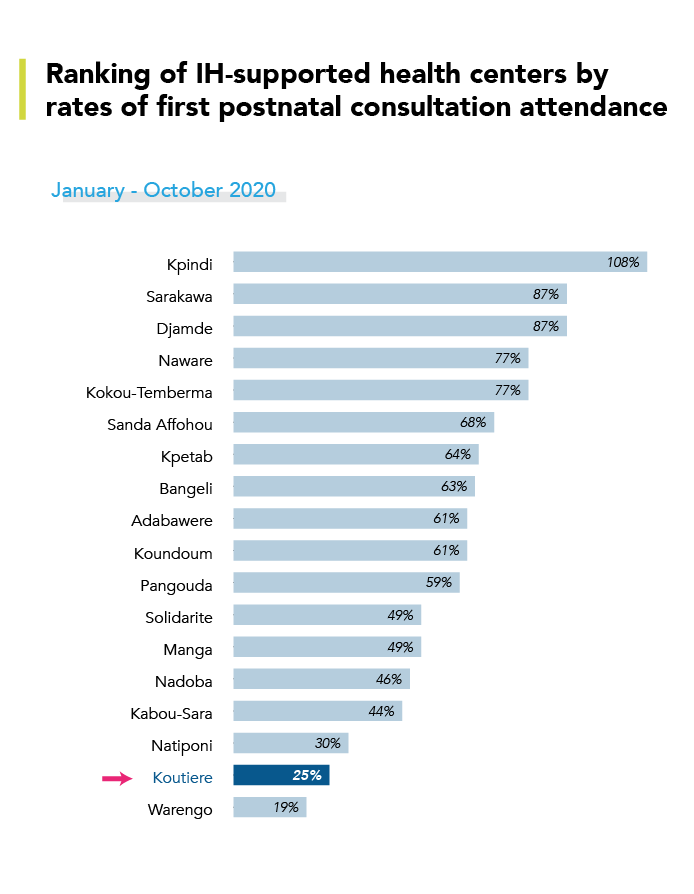
Investigating the data: Finding the causes of the problem
In September 2020, after the monthly data review process shed light on what was happening, the Monitoring, Evaluation, and Quality Improvement team launched an investigation to understand where the issue was coming from. They reached out to Koutiere’s clinical mentors who convened the head of maternity and the head of the health center to discuss the problem. The Integrate Health team then sat with the Koutiere health center staff to understand the obstacles preventing women from attending their consultations. The issue turned out to be quite simple and easy to uncover: postnatal consultations and vaccination appointments were scheduled on two separate days.
Like everywhere else, women in Togo are extremely busy often managing farms, households, jobs and children; and the Koutiere health center is not easy to access for many women as it is located far from their homes. They often cannot afford to make the journey twice within one week. Facing such challenges, new moms explained to health center staff that they prioritized their baby’s vaccination over the postnatal consultation when necessary. At the Koutiere health center, vaccinations took place every Tuesday, while postnatal consultations were scheduled on the eighth day after birth. Therefore, unless this eighth day fell on a Tuesday, it was very likely that women would miss their postnatal visit.
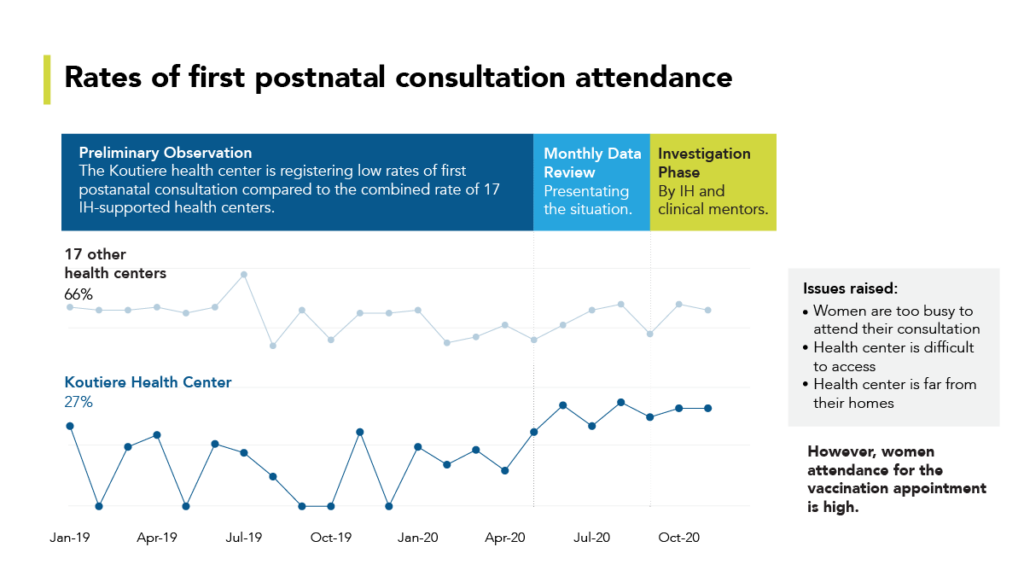
Solving the problem
With this new information highlighted, the solution was easy to identify and was implemented as early as December 2020. The obstacles for women to attend their consultations were removed by making sure both appointments were scheduled on the same day. The Koutiere health center team now starts their day earlier than usual and breaks into two teams to make sure all women are taken care of, even on busy days with both newborn vaccinations and postnatal consultations. As a result, the rate for postnatal consultations in Koutiere increased from 25% to an average 74% during the first semester of 2021 and has remained stable since the changes were implemented. The Koutiere health center went from being an underperformer to consistently beating the average postnatal consultation rate of Integrate Health supported centers.
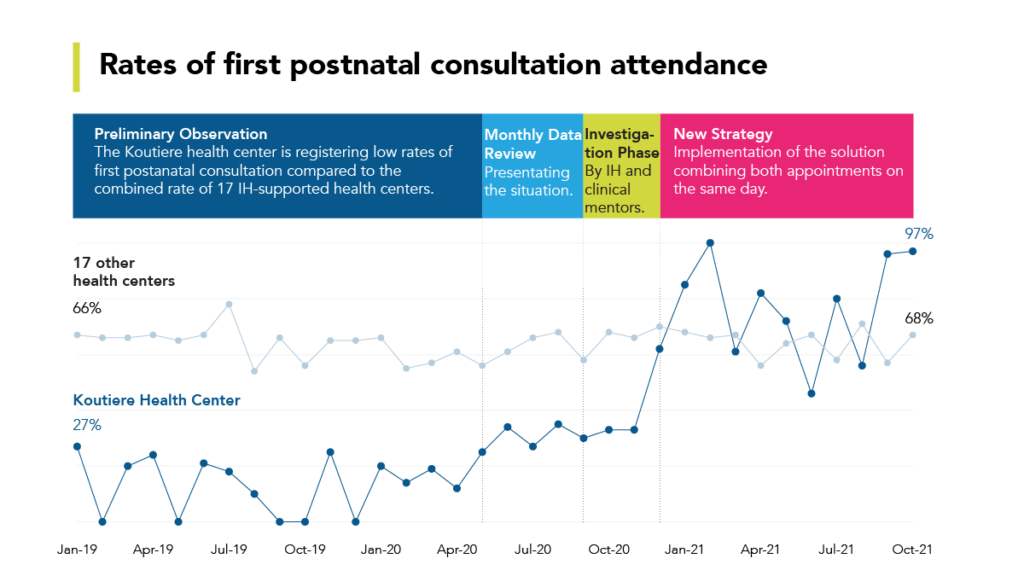
What happened in Koutiere is a great example of how teams can use data to spot performance problems, engage government healthcare teams, listen to patients to understand their barriers and then put real solutions in place that make dramatic and measurable differences. As a result of this simple and inexpensive change, more women are receiving post-natal care. We are proud of the results achieved and we will continue to use data and insights to drive improvement in primary care until every mother and every newborn receives the care they deserve.

